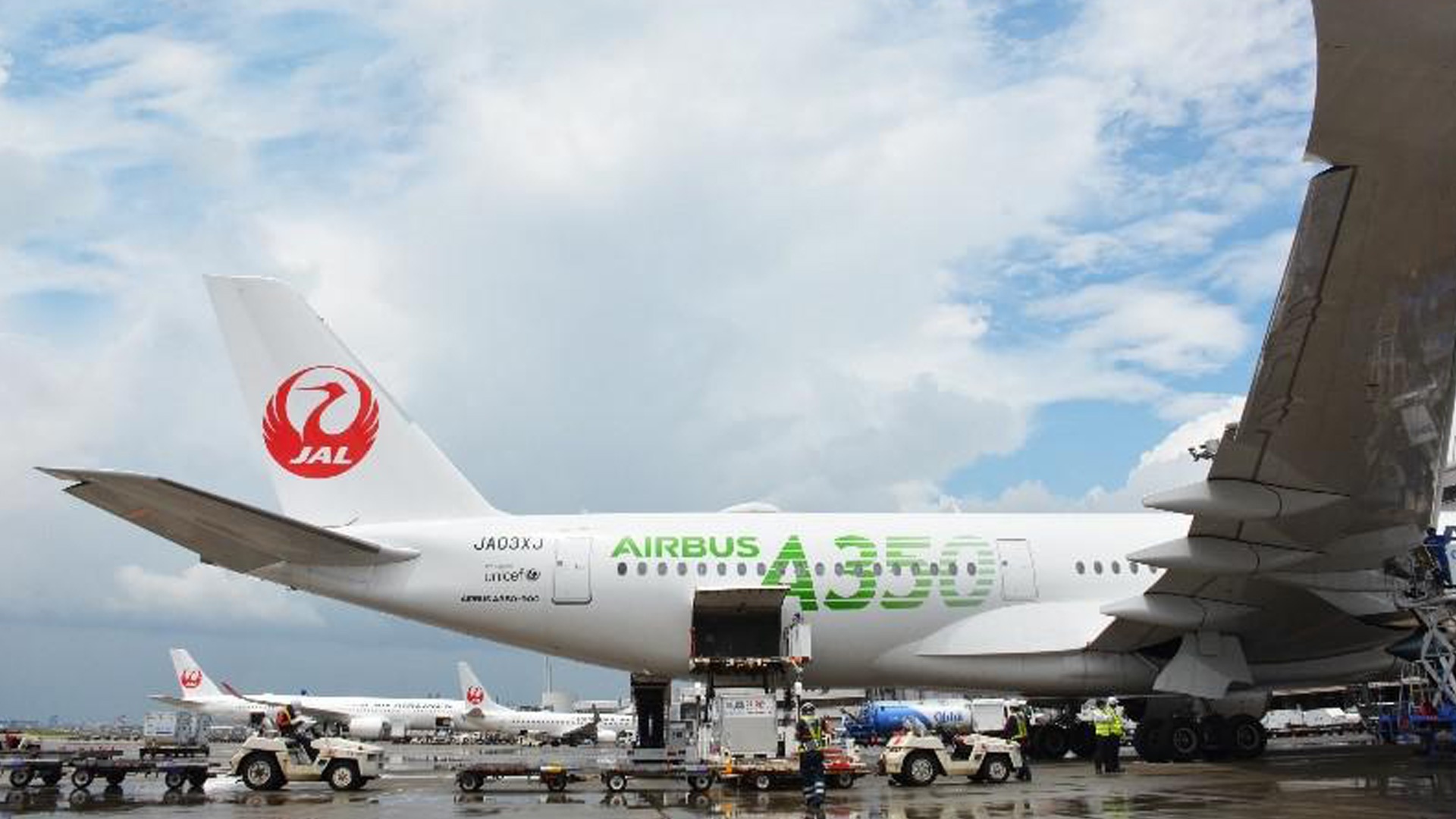France €15 billion support package aims to develop “green” aviation sector
18th June 2020

On June 17, Japan Airlines (JAL) conducted the very first flight with two different types of SAF (Sustainable Aviation Fuel) produced domestically in Japan loaded at the same time. This flight marks the success of the project of SAF produced domestically in Japan which public organizations, SAF manufacturers, supply chain enterprises and airlines have all been working on, and this was the beginning of the commercialization of the technology around the year 2030.
Based on the roadmap for achieving net zero CO2 emissions in FY2050 set out in the JAL Group`s Medium-Term Management Plan for fiscal years 2021-2025, JAL states that it will continue to develop and utilize SAF in collaboration with stakeholders aiming for a decarbonized society.
To achieve net zero CO2 emissions by 2050, the JAL Group is aiming to switch to SAF 10% of the whole fuel amount, in order to keep the amount of the total emission below 90% level of actual amount of fiscal year 2019.
Specifically, JAL is planning to install SAF on flights departing from North America in cooperation with Fulcrum BioEnergy, Inc., an American company in which the airline invests. And since most of the fuel used by the JAL Group is refueled in Japan, the establishment of a domestic production system is also an important issue, and JAL is conducting a feasibility study with domestic companies on manufacturing and selling SAF in Japan from waste plastic.